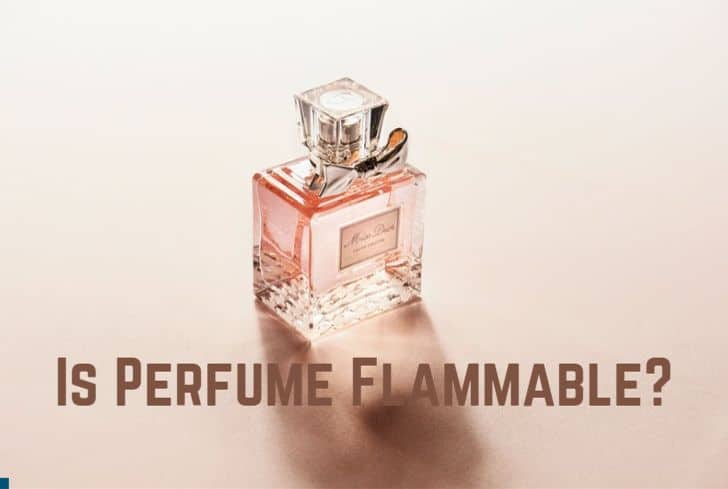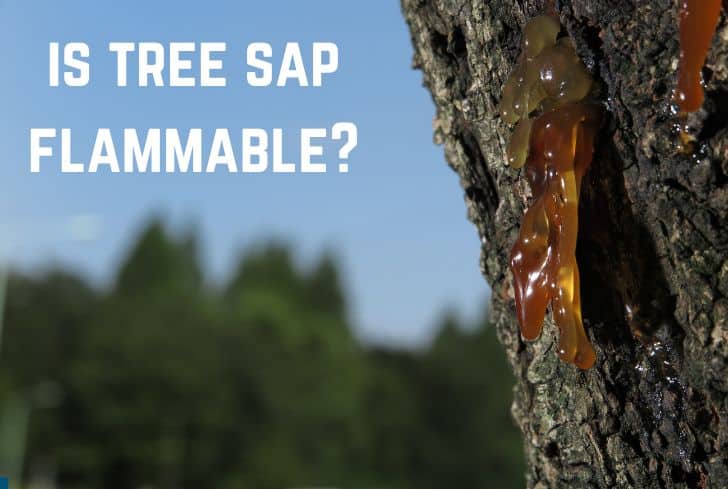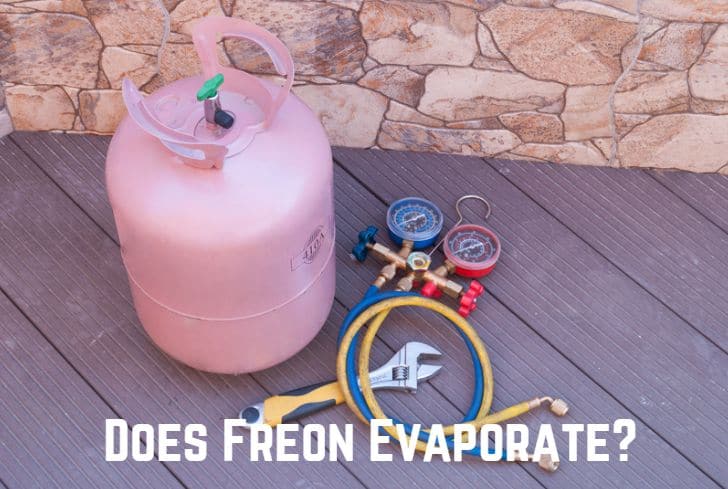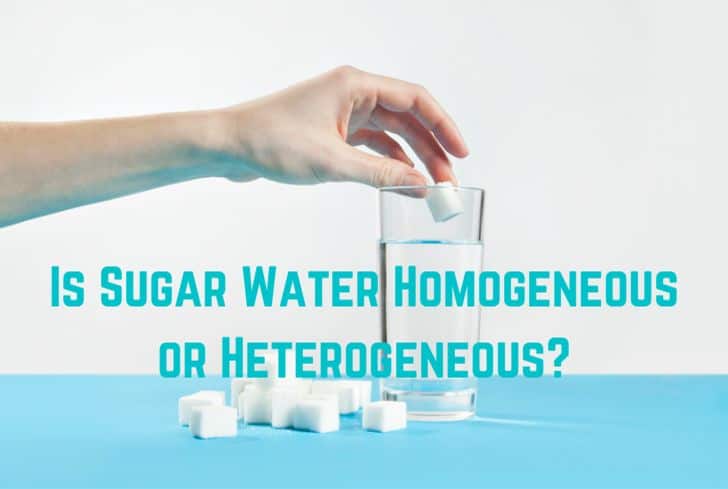Is Perfume Flammable? (Answered)

You always want to look and smell good when going out. Your go-to product of choice is a nice-smelling perfume. Fortunately, there is a perfume for every occasion because they come in various scents. But is it a good idea to keep a lot of perfumes around without knowing whether they pose a fire risk? Considering this, is perfume flammable?
Before we answer that question, we’ll tell you what compounds are in perfumes. Additionally, you’ll discover whether alcohol is a necessary component and whether some perfumes catch fire while others don’t. It will also be interesting to learn whether or not perfumes evaporate or expire.
Read: Is Rubber Flammable? (And Catch on Fire?)
What is Perfume Made up of?
Numerous different compounds make up perfumes. Most substances are natural, while others are synthetic, and some are from animal sources. Because most natural components don’t produce natural oils, the scents are recreated using synthetic compounds. Synthetic compounds also aid in the creation of unique scents that are not found in nature.
Animal-based components aid in the gradual evaporation of perfumes, preserving scents for a long time. The addition of water and alcohol dilutes the ingredients of the scent. The classification of a perfume is based on the amount of alcohol it contains.
Here is a list of the possible ingredients you can find in perfumes:
| Natural ingredients | Animal products | Synthetic products |
| Spices | Castor | Alcohol |
| Wood | Musk | Coal tars |
| Flowers | Ambergris | Coal |
| Leaves | ||
| Gum | ||
| Resins | ||
| Grasses | ||
| Roots |
Can Perfume Catch Fire?
In general, perfume is flammable due to its alcohol content. A perfume’s main ingredient is alcohol which readily catches fire. However, there are components in non-alcoholic perfumes that render them flammable too. Essential oils are added components that can fuel the flames of perfume if you introduce a heat source. Perfumes ignite at a temperature of 180° F(82°C).
However, perfume is a volatile product and can ignite at any temperature. The higher the temperature, the more likely an explosion.
Three basic methods exist for how scents can ignite:
- Exposing it to heat for a prolonged time.
- Exposure to a flame, spark, or hot surface.
- Mixing it with other flammable materials.
Natural oils in perfumes react with one another to form pyrolysis, an unstable chemical. The gas formed by the reaction will easily catch fire.
What Makes Perfume Flammable?
Alcohol and paraffin are the main components that make perfumes to be flammable. Alcohol fumes have a high ignition point and have the potential to inflict severe burns. Flammable solvents are used in spray perfumes to provide an atomizing effect. 90% of spray perfume is denatured ethyl alcohol, which can catch fire under most circumstances. Colognes and aftershaves also fall under this category.
The prominent flammable liquid alcohol found in perfumes is ethanol. Despite not being as explosive as ethanol, other kinds of alcohol are harmful. These are the other forms of alcohol that are also common in perfumes:
- Denatured Alcohol
- SD Alcohol
- Ethyl alcohol
- Isopropyl Alcohol
Watch this video to see why it’s not a good idea to place a flame close to your perfume:
Don’t expose perfume to fire!! See what happens if you do.
Are All Perfumes Flammable?
Not all perfumes are flammable. Solid perfumes are not flammable, as they are made of beeswax and essential oils. They don’t contain any flammable solvents, either. Instead of being a liquid mixture like most standard perfumes, solid perfumes exist in a solid form.
Solid perfumes have a base of wax, oils, and butter that is melted and combined with fragrance oil. With your fingers, melt the solid perfume before applying it to your body. It is the best option if you have a skin condition or sensitive skin since it contains no alcohol.
Due to the absence of alcohol, most oil perfumes are also not very flammable. However, when shipping, all perfumes are treated as flammable. In the United States, perfume is only sent through mail when it meets Federal regulations. You can only send only bottle per package, and it must be in a damage-resistant box.

Why is Alcohol Needed in Perfume?
Alcohol makes perfumes flammable, although it is nevertheless essential to their production. The denatured form of alcohol is used by manufacturers instead of regular drinking alcohol while creating perfumes. People cannot consume alcohol that has been denatured. It is more of a cosmetic product and not an intoxicating beverage.
Read: Is Shampoo Flammable? (And a Hazardous Substance?)
There is also what is known as perfumers alcohol, which most people use when making their DIY perfumes.
Alcohol in perfume serves many purposes, as highlighted below:
- Helps to create different scents.
The levels of breakdown that alcohol facilitates for the various aromatic components vary. The majority of fragrances have two to six different scent notes.
- Blend fragrances.
Perfumes are a mixture of different ingredients. Each ingredient has a distinct aroma. It becomes challenging to combine the various scents to create a well-balanced scent. These ingredients are sufficiently broken down by alcohol to blend and produce a single smell.
- Spread the perfume scent out.
The perfume’s scent tends to be lifted and spread into the air when the alcohol evaporates. It is light and volatile as the ideal carrier and distributor of the fragrance without leaving an alcoholic scent.
The difference in alcohol content increases with perfume price. The alcohol levels allow a steady distribution of the scents. One of the notes—base, medium, or high—must be present in the scent you buy.
Does Perfume Expire?
Perfumes have a higher risk of expiring because of their molecular structure. Many chemical components with various molecular structures make up perfumes. Over time, the component molecules break down and cease to function. The most significant factor contributing to perfumes going bad is exposure to sunshine. Other factors include air, humidity, and temperature.
Most perfume producers don’t indicate the expiration date. But if they aren’t opened, most perfumes can survive up to ten years. After being opened, they have a two-year shelf life. The change in smell is typically the first thing to warn you of the perfume’s expiration, even though the chemical components might take some time to break down.
Opening a perfume bottle exposes it to air, which over time, causes the scent to oxidize. As a result, how you store the perfume will also affect how long it lasts. Keep perfumes out of direct sunshine and extreme heat if you want to extend their shelf life.
Here are some indicators that your perfume may have expired that you should watch out for:
- Check the expiry date: The first thing to look for is an expiration date on the packaging. If the perfume’s expiration date has passed, you should stop using it.
- See if the color differs: The color changes to a yellow tint or gets darker as your perfume ages. The quantity of those containing alcohol will drop. Essential oil concentrate is left behind as the alcohol evaporates.
- The smell: The first indication that your perfume is about to expire is its change in smell. Your perfume will most likely go bad sooner if it contains animal ingredients than if it doesn’t. When your perfume expires, its unique scent will no longer be present. Most likely, it will have a metallic or sour odor.
Does Perfume Evaporate?
A perfume with an alcohol concentration over 85% is more likely to evaporate. The majority of perfume bottles feature tiny openings through which the fragrance evaporates. When perfume comes into contact with air, it immediately begins to evaporate. Alcohol is a highly flammable substance and won’t last long in the air for very long.
It can take up to 24 hours for perfumes to leave your body. If you leave your perfume bottle open, it will fully evaporate in 3 to 6 months. A well-sealed bottle will keep the perfume from evaporating for a few years.
It will take 48 hours for the scent you applied to your clothing to disappear.
Top, middle, and base notes make up perfumes. The top note is the first aroma you notice, and it will linger for 15 minutes to 2 hours before evaporating.
The bulk of the smell of perfume is made up of the middle note, which evaporates more slowly. There are 2 to 6 hours in the note. The base note slows the pace of evaporation and stabilizes the fragrance.
Read: Is Olive Oil Flammable? (Can It Catch Fire?)
Evaporation does not only happen through openings, though. In addition, your perfume can evaporate in the following ways:
- Using applicators causes perfume to evaporate faster.
- Shaking perfume bottles before use increases the air in the bottles.
- Putting perfume bottles in areas that receive direct sunlight. Perfume will evaporate in extreme heat.
Conclusion
It wouldn’t be a good idea to light a flame close to your perfume because of the alcohol content and other flammable substances. The solid perfume is best for you if you have sensitive skin or a skin condition. Because it doesn’t contain alcohol, your skin won’t react or become irritated.
Although perfumes have an expiration date, they can quickly go bad before the expiry date. That is especially true if you don’t maintain them in a good environment. How quickly your perfume evaporates depends on the type of perfume note.






